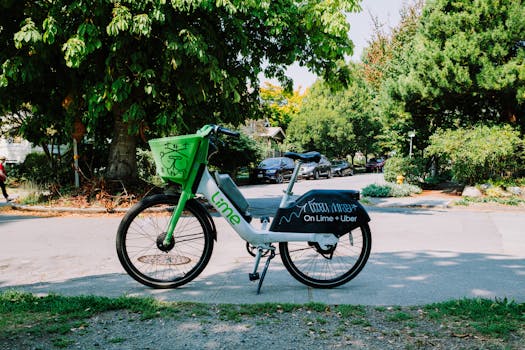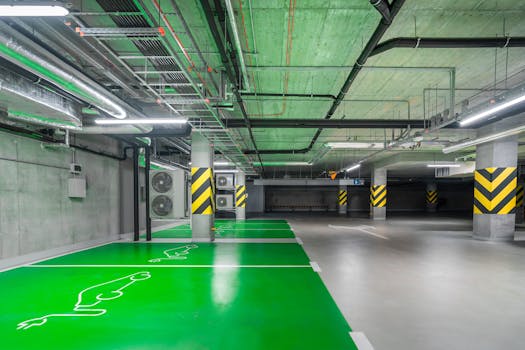
Sustainable Cities: How Europe is Shaping Eco-Friendly Lifestyles by 2025
Sustainable Cities, Eco-Friendly Lifestyles, and Europe are at the forefront of creating a better future for generations to come. The European continent has been actively working towards reducing its carbon footprint and promoting green living. With the aim of achieving a sustainable and eco-friendly lifestyle by 2025, European cities are adopting innovative approaches to minimize their environmental impact.
Introduction to Sustainable Cities

Sustainable cities are urban areas that have made a commitment to reducing their environmental impact. These cities focus on creating a healthy and thriving environment for their citizens, while also promoting economic growth and social equity. European cities such as Copenhagen, Stockholm, and Vienna are leading the way in creating sustainable and eco-friendly lifestyles.
Key Strategies for Sustainable Cities

European cities are implementing various strategies to achieve sustainability. Some of the key approaches include:
- Investing in renewable energy sources, such as wind and solar power
- Implementing green transportation systems, such as electric and hybrid vehicles
- Creating green spaces and parks to promote biodiversity and reduce air pollution
- Implementing waste reduction and recycling programs
- Promoting sustainable architecture and urban planning
Case Studies: Sustainable Cities in Europe

Several European cities are exemplary models of sustainability. For instance:
- Copenhagen, Denmark: Known for its carbon neutrality goal, Copenhagen has implemented a range of initiatives, including investing in wind power and creating a green transportation system.
- Stockholm, Sweden: Stockholm has implemented a congestion tax, which has reduced traffic congestion and promoted the use of public transportation.
- Vienna, Austria: Vienna has invested heavily in green spaces and parks, making it one of the greenest cities in Europe.
Challenges and Opportunities

While European cities are making significant progress towards sustainability, there are still challenges to be addressed. Some of the key challenges include:
- Funding and investment: Implementing sustainable initiatives requires significant funding and investment.
- Public awareness and engagement: Raising public awareness and engagement is crucial for the success of sustainable initiatives.
- Policy and regulation: Effective policy and regulation are necessary to support sustainable development.
Despite these challenges, there are also opportunities for growth and innovation. The shift towards sustainability is driving economic growth, creating new job opportunities, and improving the quality of life for citizens.
Conclusion

Sustainable Cities, Eco-Friendly Lifestyles, and Europe are at the forefront of creating a better future for generations to come. By 2025, European cities aim to have achieved a significant reduction in their carbon footprint and promote green living. While there are challenges to be addressed, the opportunities for growth and innovation are significant. As the world looks to Europe for inspiration, it is clear that sustainable cities are the future of urban development.




